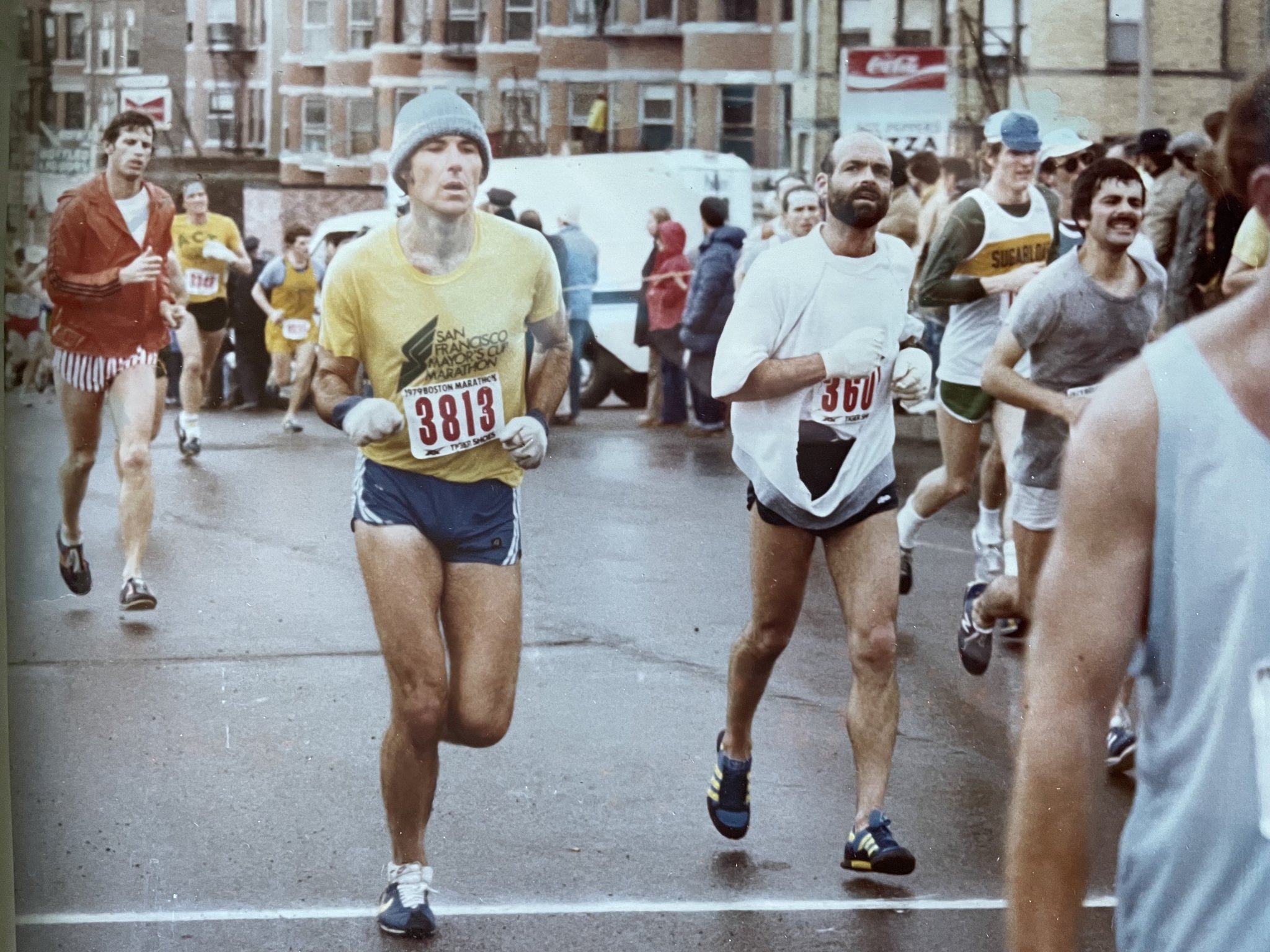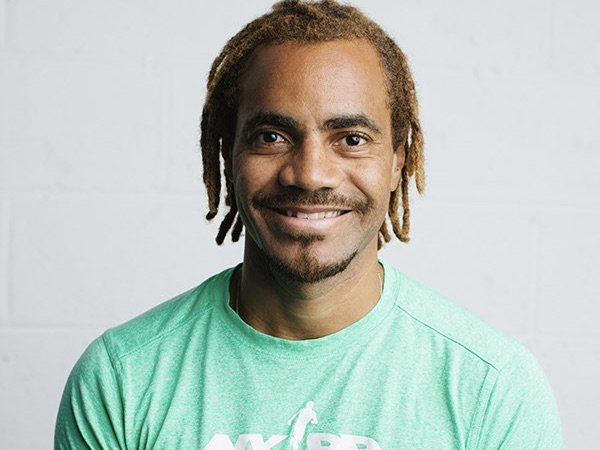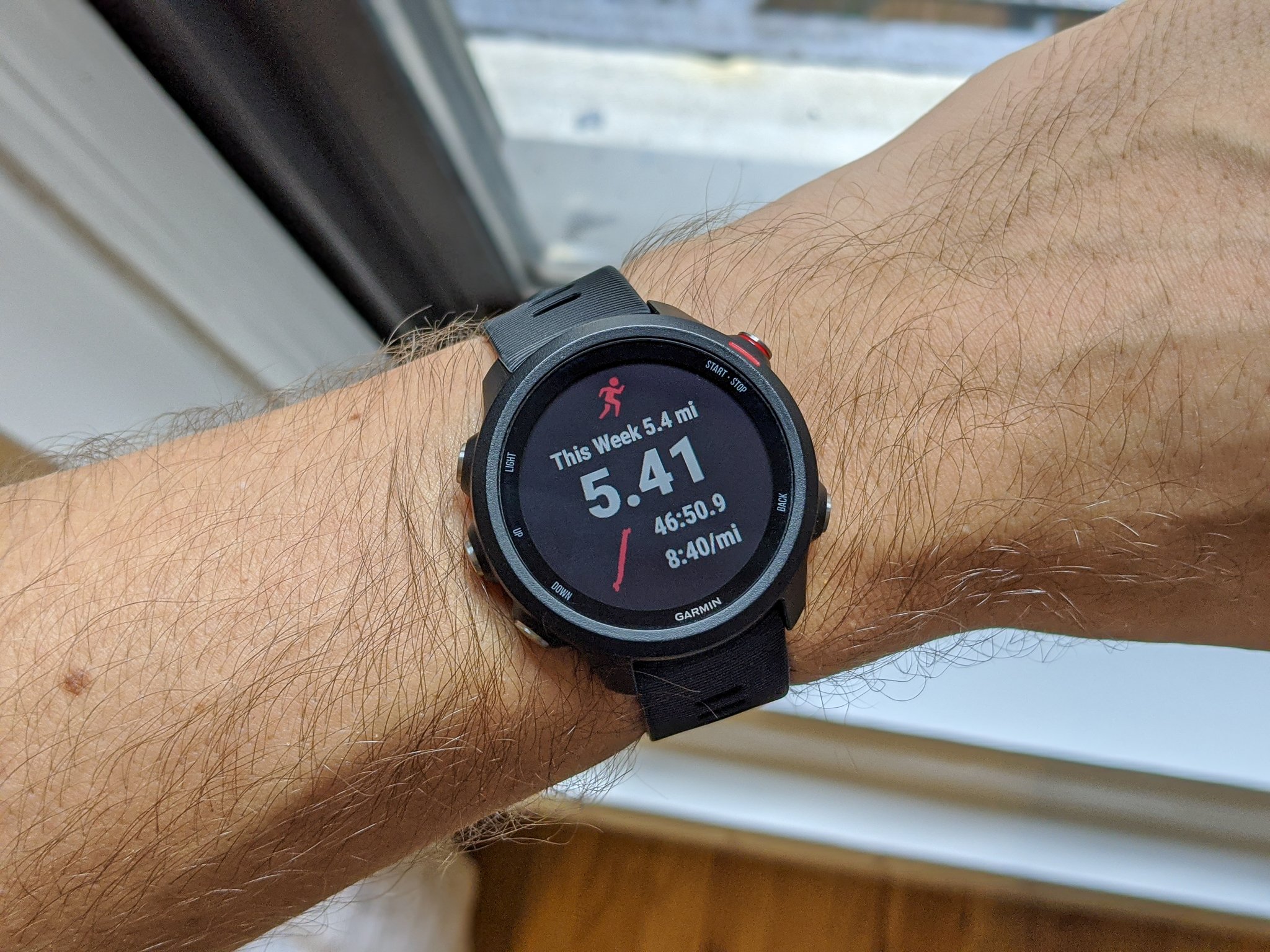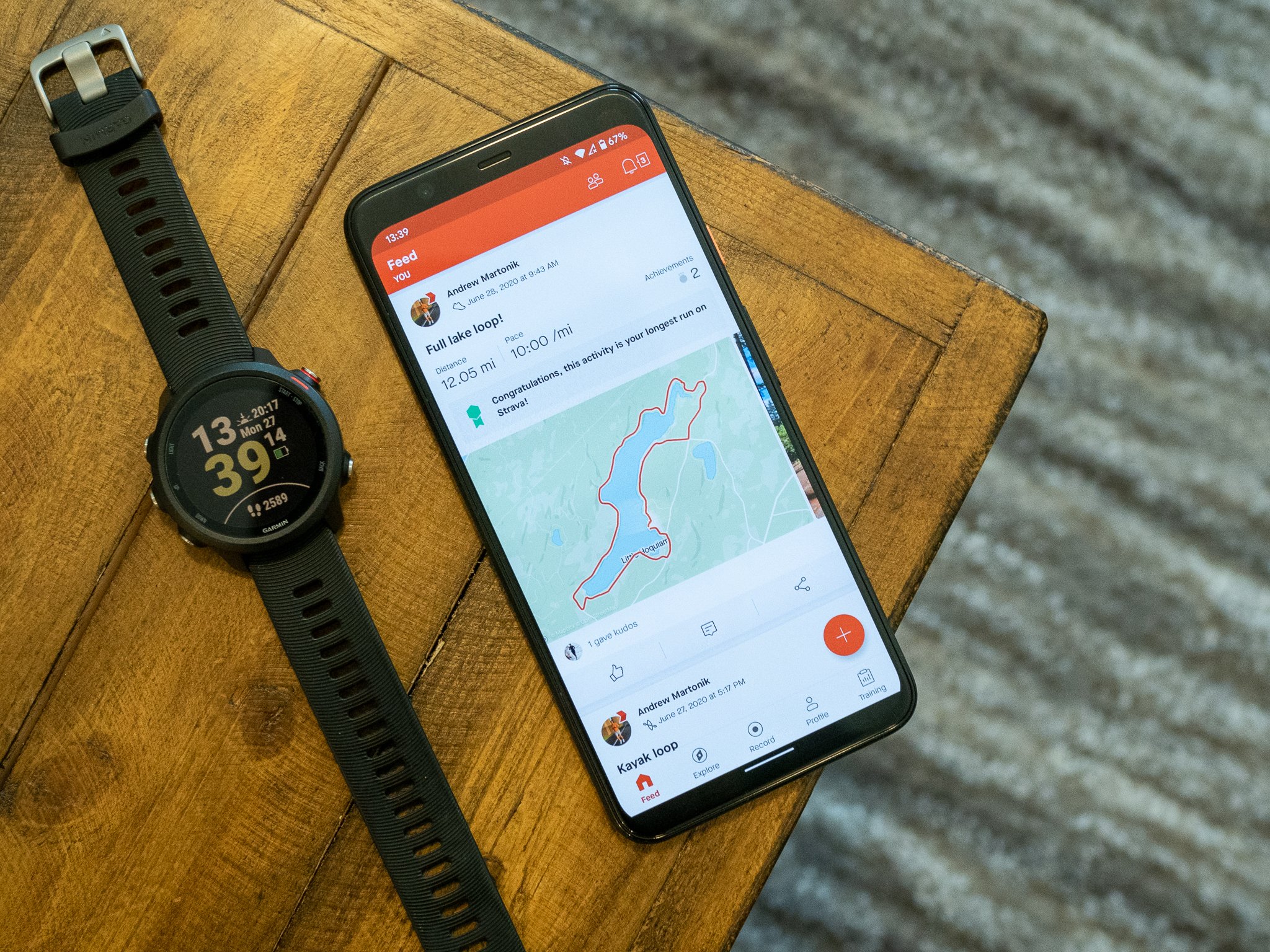How I'm using fitness tech to train for my marathon
Will running apps and fitness gear help or distract from my training?
Running is in my family's blood. My dad completed two 100-milers, several 50-milers, and 51 marathons, including two Boston Marathons. My uncle Tim continues to knock out ultramarathons, and he's well into his 70s. My cousin Colton kicked ass as a sprinter, and my sister still casually runs 10Ks when she's not lawyering.
I never fought my destiny to be a runner. Along with four years of cross-country, I ran the 800 and 1600 meters in track throughout high school, eventually breaking the 5-minute mile mark. Since then, I joined some local running clubs and ran as many races as I could afford to keep my edge, though I'm nowhere close to high school form these days.
Staying in running shape is tough with demanding work, COVID-19, and the lure of video games to hold you back.
The last 18 months have been tough for my physical (and mental) fitness. Running while masked, without a fellow group of runners to keep me motivated, was awful. I never wanted to be the jerk panting all over other pedestrians, and the CDC guidelines on outdoor activities stating it was safe to exercise unmasked outdoors took over a year to arrive and assuage my paranoia. My mileage, pace, and spirits were all at all-time lows.
Now, I've decided to bounce back. I've signed up for the California International Marathon in December, and I'm stepping up my mileage to get back into proper shape. And because my job is all about phones and fitness tech, I'm using my marathon training to determine precisely how helpful the best running apps and fitness trackers are when it comes to improving your endurance and speed.
In my (dad's) day, they didn't have Fitbits!
 Michael Hicks' dad, No. 3813, finishing the 1979 Boston Marathon.
Michael Hicks' dad, No. 3813, finishing the 1979 Boston Marathon.
If you look at marathon training guides, everything is about mileage and pace. Of course, you can throw in some cross-training or strength training for better overall fitness, and faster-paced runs like intervals or tempo runs will prepare you for race day. But on the whole, training for a marathon is about numbers. For that, you can rely on an old-fashioned GPS watch or no tech at all if you're dedicated.
In his prime, my dad ran 16 miles a day, give or take, with no tech except for a Walkman CD player he'd carry with him on recovery days to relax. I just introduced my dad to his first smartphone at 79, which he was willing to try, but he's never shown as much interest in running tech.
Some runners ignore tech and just push themselves with no distractions. Others rely on apps and gadgets to tell them how they did. Is one method better than the other?
In my case, I've used fitness apps like Strava and Runtastic to track my progress over the years. And very recently, I've begun to wear fitness trackers to get a better view of how my body is handling workouts.
But does knowing your current mileage or pace really help to drive you on during a run? I know some runners who wear fitness watches but tape over the screen so the data doesn't distract them during a run. In my case, GPS data sometimes spurs me on to run just one more mile after I'm ready to stop ... or makes me run harder than I should to hit the right pace, tiring me prematurely and limiting my distance.
For the next eight weeks of marathon-prep cramming, my goal will be to decide whether going all-out with fitness tech proves more of a help or a hindrance.
Stride like an Olympian
Roberto Mandje, director of Runner Training and Education for the New York Road Runners and a former Olympian, said he doesn't always rely on tech for training, racing, or post-run analysis.
 Roberto Mandje, director of Runner Training and Education for the New York Road Runners and a former Olympic long-distance runner.
Roberto Mandje, director of Runner Training and Education for the New York Road Runners and a former Olympic long-distance runner.
"For most of the year, I don't use any tech outside of my GPS watch to make sure I cover the distance I intend to cover," Mandje said. "As long as I get out a few times per week to run, then I know I'll keep a baseline fitness."
Mandje went on to add that it's only when he begins his marathon prep that he starts to pay closer attention to specific health and running metrics.
In particular, he pays very close attention to his heart rate. To properly build up your mileage and endurance, he believes runners need to track resting heart rate, max heart rate, and averages at different levels of intensity. When planning out an easy or threshold run, "familiarizing yourself with your heart rate monitor and ranges will help keep you from going too hard on days when you should be running slower to recover, even if you feel good."
But what other metrics should a would-be marathoner care about? You get basic stats like pace and splits from a running app, but some of the best-running watches can give you information on your ground contact time, stride length, cadence, and other running form stats. How valuable will these be to a running layperson?
"I think there's a time and place for those sort of metrics, but for most runners, newer or not, it would be best to visit a sports or running lab to have their gait, stride, cadence, and overall biomechanics properly [measured]."
— Roberto Mandje, director of Runner Training and Education for the New York Road Runners and former Olympian
Mandje said he focuses on miles, pace, and elevation gain from his fitness tech to keep training simple. He also chooses to run efficiently and "within himself" to keep his body under control. He manages his strides, so he's careful not to overexert himself too much by worrying about details like precise cadence or stride length.
"I think there's a time and place for those sort of metrics, but for most runners, newer or not, it would be best to visit a sports or running lab to have their gait, stride, cadence, and overall biomechanics properly [measured]," he said. "Otherwise, primarily for newer runners, you'll find yourself reading numbers off your app and comparing them with generic numbers from the internet and then start chasing those numbers without knowing if you really should and exactly what your optimal cadence and stride length should be."
Similarly, Mandje warned against overzealous calorie counting. Many health and fitness apps encourage you to log food and track caloric intake, but Mandje said that "not all calories are created equal, especially when training for a marathon as a 2,000/day diet will be different for someone who is primarily sedentary vs. someone who is in the midst of marathon training."
Instead, Mandje said runners should seek advice from a licensed dietitian or nutritionist to establish healthy goals, rather than taking a DIY approach and potentially causing yourself harm.
But in terms of general run tracking, Mandje is all for relying on apps. For example, he used to keep a training log with pen and paper, noting his performance and feelings during the run and what time of day he started. Now, he uses Strava, which automatically records most of this useful data. He also recommends reviewing past runs to look for trends, such as whether you run better in the morning or afternoon.
Many runners tend to stick up their noses at those who rely on music streaming services during runs, considering earbuds to be a crutch or dangerous distraction. So I was happy to hear Mandje didn't look down on music-loving runners (like me).
"A playlist of inspirational and motivational songs will give [runners] that extra boost to push through a tough workout or day," he said.
He did amend that it should be "a combination of personal preference and balance," which I took to mean that runners may not want to rely on high-BPM soundtracks to push through every run.
My running/tech experiment
Overall, "balance" felt like the core message behind Mandje's advice. Track your running data, but don't use it as a substitute for professional guidance. Use running metrics to ensure you're running hard on some days, but not too hard on others. And don't spend too long overanalyzing your data: most of the time, a long run will accomplish your fitness goals whether you track it or not.
In the past, I prepared for long races by simply upping my mileage and doing my best to stay dedicated to my goal. But this time, I plan to use tech to hold myself accountable. I'll use fitness app notifications to shame myself into getting my daily workouts in, monitor my heart rate to prevent burnout, and test different running gear to see which, if any, help me more than others.
Over the next two months, I'll be periodically checking in with my findings. I've hoarded fitness bands from Fitbit, Garmin, Amazfit, and others to compare how well they track my data and motivate my runs. I'll analyze my fitness data from the best running apps to manufacturer-specific apps like Fitbit and Garmin. I'll also experiment with more universal apps such as Strava and Google Fit to see how they compare. Do tech and running fitness really go hand-in-hand? It's time to find out.
from Android Central - Android Forums, News, Reviews, Help and Android Wallpapers https://ift.tt/3B3rpax




Post a Comment